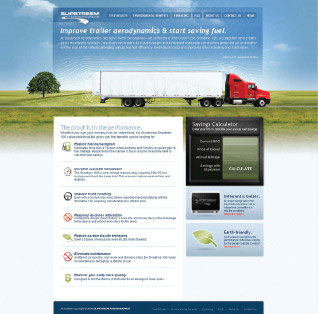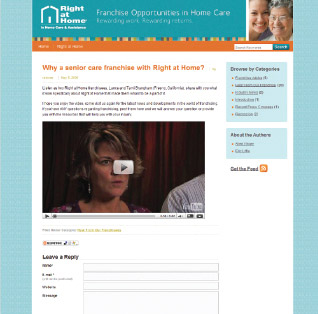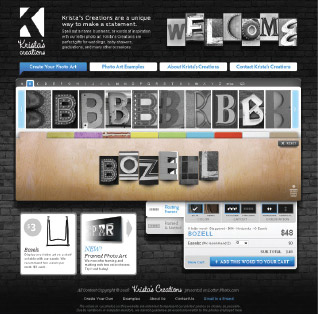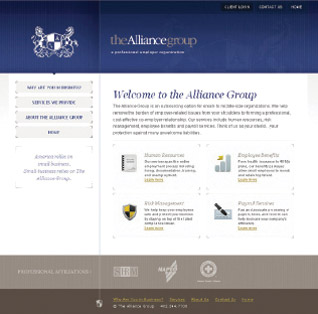When examining what makes one website more functional than another, there are many factors to consider. While there’s no magic formula for online success, good sites tend to share certain characteristics. Let’s briefly run through the qualities that make a good site great. We’ll touch on design, technical considerations, search engine optimization, marketing integration and how customers prefer to communicate with you.
Design

Let’s start with design. Simply put, an ugly site repels visitors. Bad navigation sends them running. Make sure your site looks great, that your content is well-organized and that if you’re using on-site search, it actually works. Too many sites are designed from the company’s perspective or built around the web designer’s skill set. Start by asking yourself, “is this what the customer wants to know?” If the answer is yes, you’re off to a good start. Customer-centric design is one of the hallmarks of all great websites.
Technical Considerations
It’s also important that the site is programmed and assembled properly. A fast Web server will make it easy to browse Web pages. Proper HTML and CSS can also help content load quickly and maximize compatibility with search engines. There are also important considerations for traffic logging, domain name configuration and database integration. Each impacts a visitor’s perception of your site and what you know about them.
Search Engine Optimization
An entire article could be devoted to Search Engine Optimization (SEO) alone. Done well, you get more qualified visitors to your site because they found you while searching for related topics online. Done poorly, you get fewer visitors overall, and the ones who do visit aren’t your target audience. It’s critical that you have an SEO plan in place and that it’s monitored regularly.
Marketing Integration
Most businesses have a lot more in their marketing mix than just their website. Make sure that you have a consistent message across all mediums including your website. Use it as the hub that ties all your other marketing together. Increasingly, the Web is where people turn first for their information. Make sure your site is ready, accessible and relevant at all times.
Customers May Want To Be Communicating With You

Finally, make sure you’re listening to your customers. It’s all about the conversation now, not just posting information for your visitors to find. Let them contribute, comment, respond, react and participate. Engage your customer in a two-way conversation and you’ll have a more passionate, dedicated set of advocates. What if they’re saying things about you that you don’t like? Listen. They could be right. If they are, you get the keys to getting back on track. If they aren’t, at least you know what people are saying about you. They will be saying it whether you’re listening or not.





